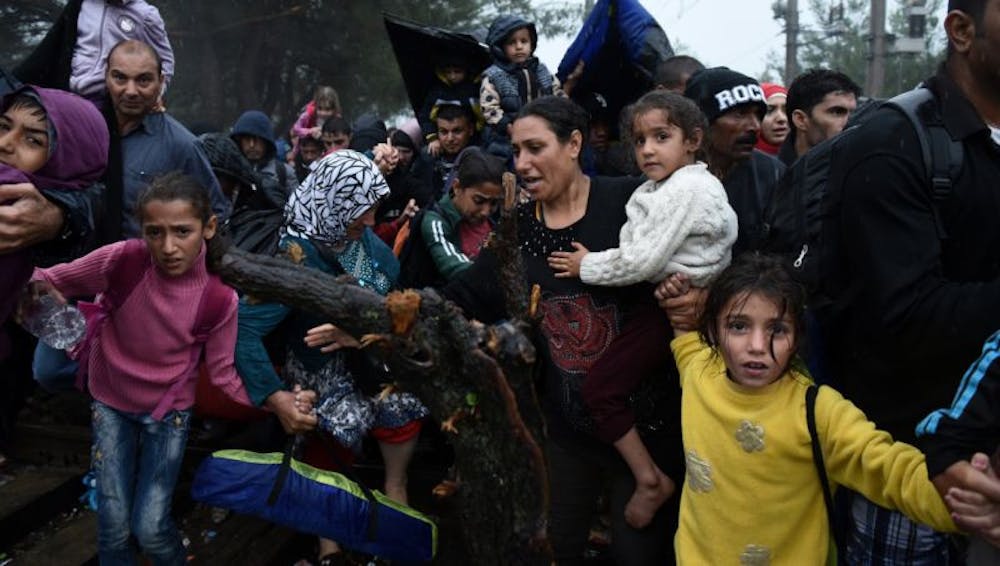By Gabrielle Beacken
Nation & World Editor
After a treacherous and difficult journey, almost 8,000 migrants are expected to arrive safely in the “European haven,” of Germany, by early Sunday, Sept. 6, according to the New York Times. On a specified train departed from Austria, around 450 migrants were welcomed to Germany with volunteers offering warm food and beverages to the emotionally ridden migrants.
Facing obstacles in Austria and Hungary, reaching the German border was a great accomplishment and relief for the thousands of refugees. Refugees migrating towards Europe, deriving from countries with war and chaos, such as Syria, have sparked one of the largest emigrations since World War II, reported the Times.
On Saturday, Sept. 5, as the Hungarian government provided buses to Austria, a fresh group of 1,000 migrants were headed to Hungary from Budapest, reported the Times.
However, Hungarian authorities were nervous that by providing transportation to Austria, more migrants would be encouraged to pass illegally through Hungary. Janos Lazar, chief of staff to Prime Minister Viktor Orban, said, “Hungary would work to complete its border fence to stop further illegal entry,” reported the Times.
According to Hungarian authorities, the government will “stick to their understanding of European regulations” and halt migrants from arriving and registering, said the Times.

European leaders have struggled to find a solution that would help both migrants and their host countries dealing with the new influx in population. The European Union (EU) operates by gathering a consensus among its entire 28 member states. According to the Times, EU countries that have been met with resistance are Poland, Slovakia and the Czech Republic.
Great Britain has been hesitant to accept migrant quotas that have been suggested by France and Germany. According to Federica Mogherini, the EU’s foreign policy chief, the meetings among the leaders have been “difficult” and Europe’s migrant crisis is “here to stay,” reported the Times.
Chancellor Angela Merkel of Germany has received international praise for Germany’s humanitarian efforts. Merkel stated that all Syrian migrants are welcomed to Germany and may apply for asylum, reported the Times.
Other leaders disagree with Merkel’s strategy, such as Prime Minister David Cameron of Britain. According to the Times, Cameron has countered that if Europe simply opens its doors, migrants of refugee camps in Jordan, Turkey and Lebanon will be abandoned.
As of Monday, Sept. 7, leaders of France, Britain and Germany have devised a two-year strategy.
President François Hollande of France announced his country would accept 20,000 refugees over the next two years, Britain said it will take 20,0000 refugees from Syria, and Merkel of Germany stated that Germany would set aside 6.7 billion euros to help the migrant crisis, reported the Times.







